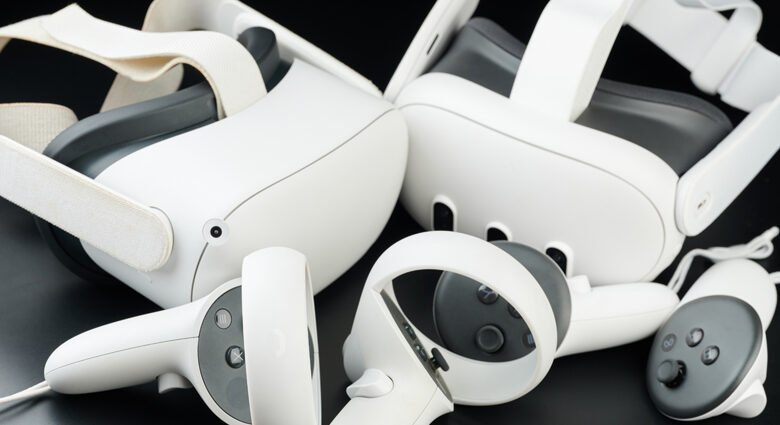Meta’s Horizon OS Headsets: Third-Party Launch Still on the Horizon

▼ Summary
– Meta announced in 2024 it would open its Horizon OS to third-party manufacturers, including ASUS, Lenovo, and Microsoft’s Xbox.
– The Xbox-branded headset is a cosmetic variant of Quest 3S with no new features, while ASUS and Lenovo are developing distinct performance and productivity headsets.
– Over a year and a half after the announcement, these partner devices have not yet been released, though Meta confirms ongoing development.
– Reports suggest Meta’s next-generation Quest 4 headset may be delayed to 2027, extending the current platform generation’s lifespan.
– Meta may use partner headsets to maintain user engagement and bridge the gap between major device generations.
Meta’s ambitious plan to expand its Horizon OS beyond the Quest headset line remains active, though third-party devices have yet to reach consumers. Announced in early 2024, the initiative aims to position Horizon OS as a more accessible alternative to Apple’s tightly controlled Vision OS. Despite the absence of new hardware reveals at this year’s Connect event, the company has confirmed that partner-developed headsets are still in the pipeline.
The initial announcement identified three key partners: ASUS, Lenovo, and Microsoft’s Xbox division. The Xbox collaboration, however, turned out to be primarily a branding exercise, resulting in the Quest 3S Xbox Edition, a cosmetic variant with matching accessories but no significant technical upgrades. Xbox Cloud Gaming was already available on earlier Quest models, making this more of a stylistic than substantive release.
In contrast, ASUS and Lenovo are expected to deliver more distinctive hardware. ASUS is developing a high-performance headset under its Republic of Gamers brand, while Lenovo is working on devices tailored for productivity, education, and entertainment. Despite these promises, no products have launched yet, and the broader ecosystem of hardware partners that Meta CEO Mark Zuckerberg hinted at has also failed to materialize.
A Meta representative recently clarified that work with manufacturing partners continues behind the scenes, even without public updates. The extended timeline may reflect a strategic effort to align third-party releases with Meta’s own hardware roadmap. With the Quest 3S serving as a budget-friendly option using recycled Quest 3 components, the company seems focused on maintaining engagement until the next generation arrives.
Industry reports initially suggested a Quest 4 launch in 2026, with a Pro model following in 2027. More recent leaks, however, indicate a possible delay pushing the next-generation headset to 2027. If accurate, this would mean the current platform generation will span four years, the longest in standalone VR history.
This extended lifecycle raises questions about how Meta plans to sustain user and developer interest. Introducing third-party headsets with specialized features, without fracturing the development ecosystem, could be one way to keep the platform fresh. For partners like ASUS and Lenovo, launching before the next Quest arrives would be advantageous, avoiding direct competition with a flagship Meta device. Their arrival may be closer than it appears.
(Source: Road to VR)

